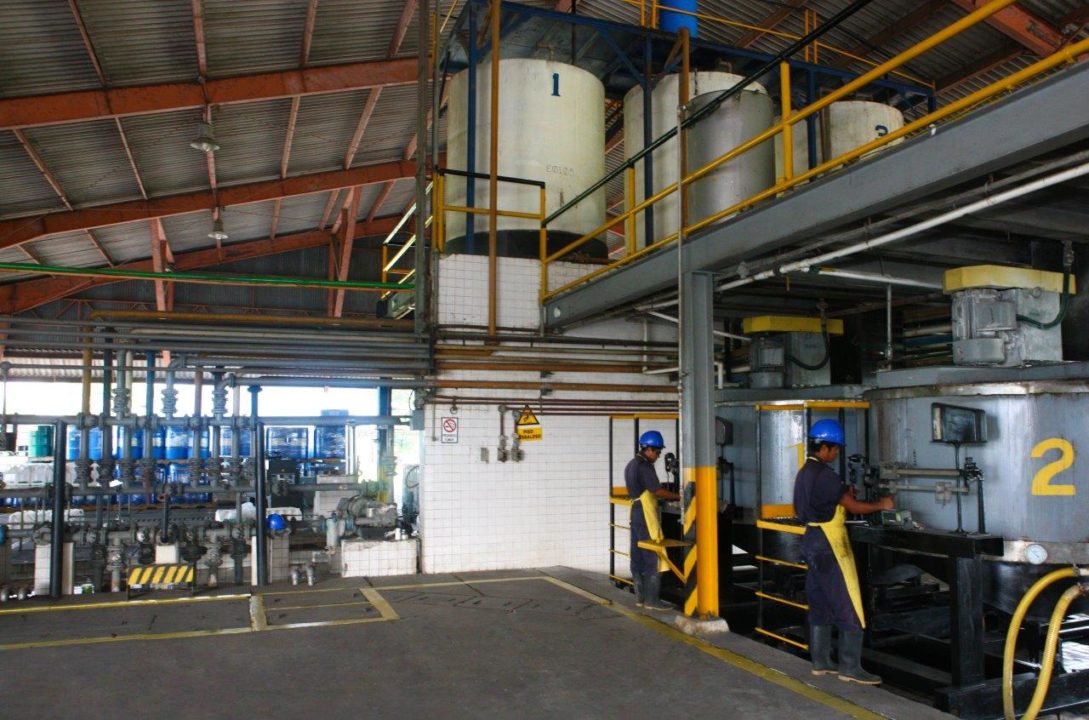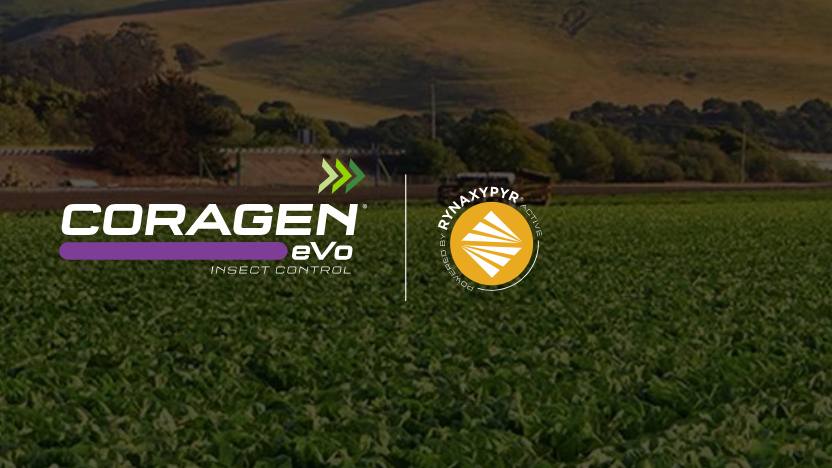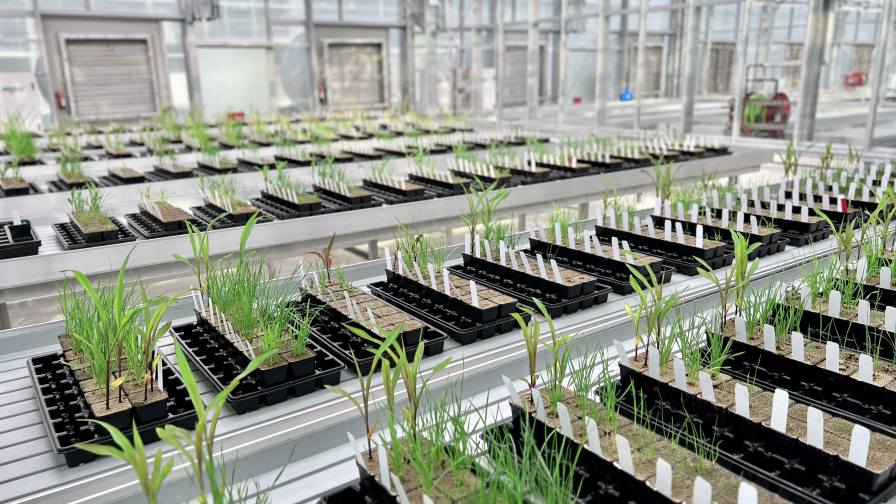Trade Summit Preview: Africa’s Impending Agriculture Boom

Africa’s crop protection usage pales to riches many seek in the United States, Brazil and EU, but Africa is the fastest growing market in the world. By 2020, the continent is expected to double its crop protection value to $2 billion, and Southern Africa will constitute the vast majority of that growth.
But in this part of the world, potential is synonymous with risk.
Mozambique, Zimbabwe, Botswana and their neighbors to the north are some of the riskiest business propositions on the planet. But with inherent risk comes potential rewards that are projected to rise exponentially for agricultural input companies. And those making gains use their relationships and market knowledge to navigate the volatility.
“We have long-held relationships throughout the continent, so our business model is geared to match the needs of this market in Africa, which doesn’t require huge warehouses full of stocks,” says Robert Maingard, chairman of Farm-Ag International, a Durban, South Africa-based company with operations in 28 African countries. “We want to respond as soon as our partners want something. We build up stock [in the value chain] to deliver what we know the market is going to want. So we take a risk on that stock, but we want to be able to strike any opportunity that we think will arise.”
South Africa provides the staging ground to enter the rest of the continent. Distribution channels can be more predictable, especially at the ports of entry. South Africa, too, is the region’s most productive market with a crop protection value of about $400 million. About half of the market’s value is wrapped up in large volumes of herbicides for use on sugarcane and expanding area of Roundup Ready maize. Arysta LifeSciences is the biggest player in South Africa, and other multinationals have a significant presence.
Many of the post-patent companies also deal in this high-volume, low-margin space. But increasingly, generic companies are looking for ways to dial into higher-yielding specialty products for vegetables and fruits, especially citrus.
“Our perspective is that as a supplier these days, you either need to be big or you need to go niche,” says Marius Boshoff, general manager for Enviro, a Johannesburg-based supplier.
Niche products can generate demand quickly in South Africa because of its unique distribution system, which employs agents as independent contractors to be the main contact with farmers. That means a distributor’s agent serves as supplier, agronomic consultant and educator about new products.
This structure gives crop protection companies a window into the challenges farmers face and an opportunity to develop products that might help them.
Villa Crop Protection, the largest post-patent company in South Africa, holds regular meetings in the winter with its agents so it can acquire feedback from the field, which allows it to be responsive — more responsive than the multinationals because it is developing specific products for a specific market, says André Schreuder, managing director of Villa.
“The crux of our whole strategy is one, developing a unique product out of the tools in the basket, and two, getting out into the fields to make sure that the product fits in the field — and not because someone from the EU says it works,” Schreuder says. “We start from where the problem is, and then we solve the problem.”
Go to page two to find out about Africa’s lenient stance on intellectual property rights laws.
Deregulated Data
South Africa’s HIV epidemic and its subsequent need for low-cost pharmaceutical treatments has forced regulators into one of the most lenient stances on intellectual property rights in the world. First, a patent applies to sales and marketing only – not R&D. That means generic companies can develop patented technology while a product is still on patent so it can be marketed and sold the day after the patent expires. Second, they can develop a competing product using the original patent holder’s data.
Both policies enable post-patent companies to bring products to market quickly and economically. Crop protection companies have been benefiting from these lenient regulations for years, and several proprietary blockbuster pesticides are in the pipeline among the country’s leading generic formulators and distributors.






